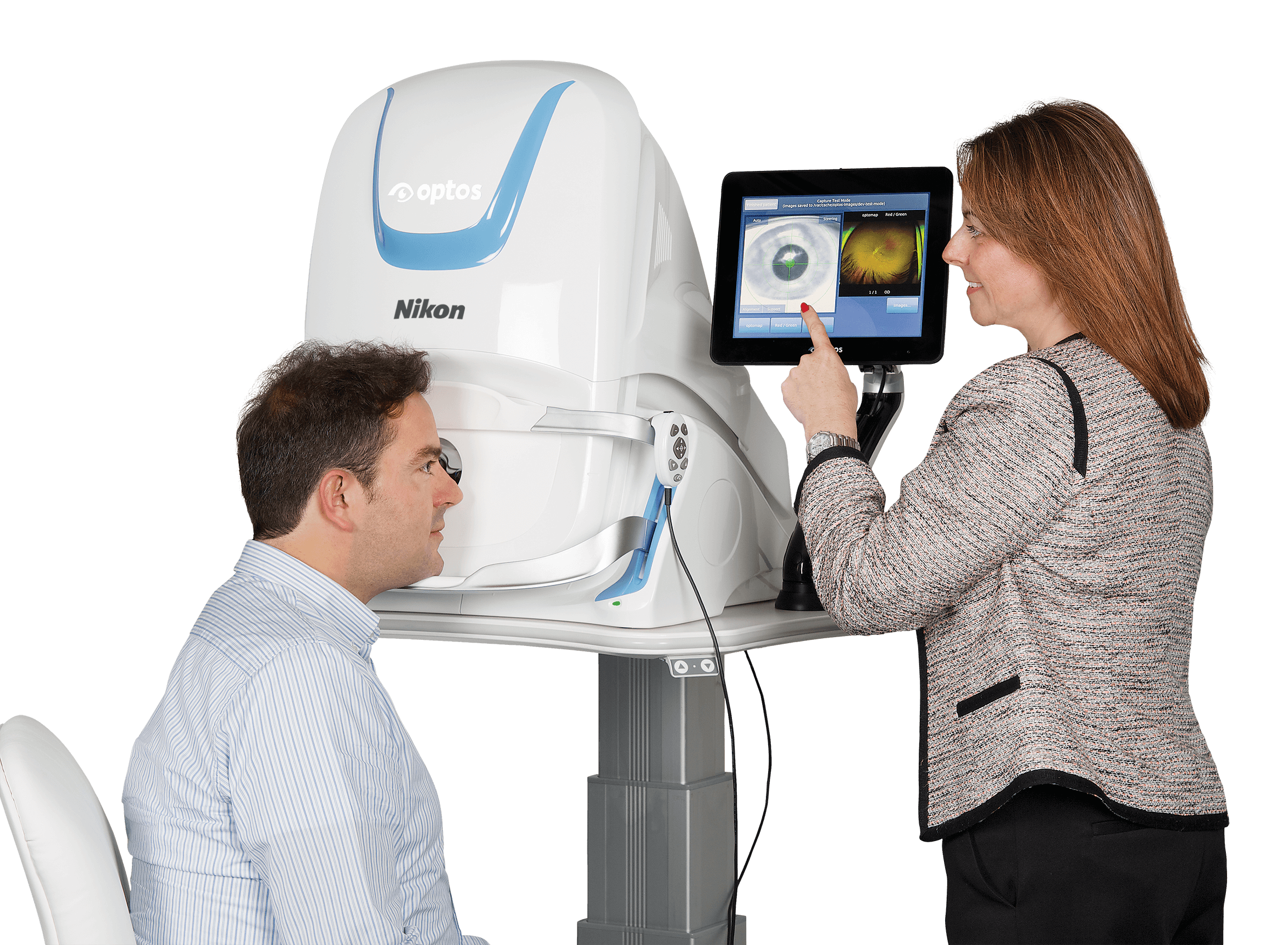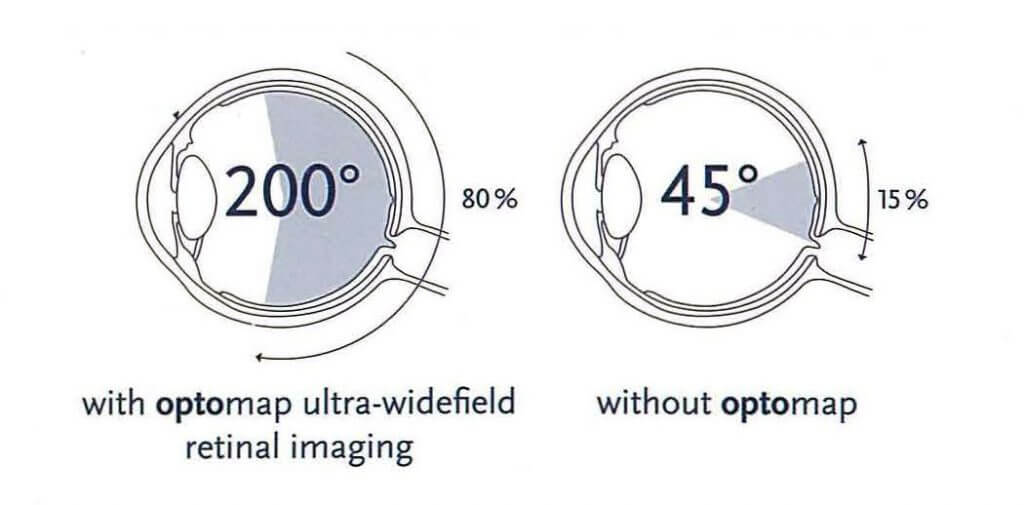Don't miss your next eye examination test...
Your vision should be checked every two years as part of a routine eye exam. A professional eye checkup can detect refractive errors, eye disease, and other conditions that can affect your eyes. A complete clinical examination of the eye takes approximately 60 minutes.
Your clinical examination of the eye should include:
Why are routine eye exams so important?
During routine eye exam tests, each eye is examined for signs of serious eye issues. These can include:
- cataracts
- glaucoma
- diabetic retinopathy
- macular degeneration
- chronic dry eye
- blepharitis and conjunctivitis
Receiving regular eye exams regardless of visual acuity can help detect serious eye problems at the earliest stage, when they are most treatable. Looking for an "eye exam near me"?
As a reminder: There is a $75 charge for determining your glasses prescription (refraction). Additional charges may apply for determining your contact lens prescription.
Improve the experience of your routine eye exam with
OPTOMAP IMAGING
NOTE: Depending on the nature of your exam (routine or medical) and your insurance coverage, there may be a $29 fee associated with your Optomap image.
For many years, the only way to get a good view of the retina was to dilate the eyes. This process involves the doctor placing special eye drops into your eyes to open the iris (the color part of the eye). When the iris is open, the doctor uses bright light and lenses to examine the nerves and blood vessels of the retina for signs of damage or disease. Unfortunately, despite its benefits, dilation is not always a pleasant experience for most patients.
Thankfully, for routine eye exam tests, Clarus Eye Centre offers an alternative to dilation called Optomap imaging. This high-tech camera takes a wide-field, high-resolution, digital picture of the fundus (or back of the eye)– without eye drops!
NOTE: This service is FOR ELIGIBLE PATIENTS ONLY. Patients who require a higher level of retina care will still require dilation.
In addition to being faster and more convenient than dilation, Optomap allows your doctor to show you what the back of your eye looks like, gives you a snapshot of your overall eye health, and provides an opportunity for you to discuss any questions or concerns that arise from any abnormal findings.
While the Optomap has been a great addition to our practice, it is not a replacement for dilation. There are several instances in which dilation may be more appropriate than the Optomap. These can include but are not limited to patients with extremely small pupils, droopy eyelids, dementia, certain physical disabilities, and emergency eye conditions.
At Clarus Eye Centre, we believe that Optomap imaging and dilation are both important tools for evaluating the health of the retina, but one or the other may be a better option for you depending on your circumstances.
Your doctor will recommend which option is best for you.
Optomap imaging is now preferred by many patients who do not require dilation. Schedule your next eye exam today and ask your doctor if Optomap imaging is right for you!


NOTE: Depending on the nature of your exam (routine or medical) and your insurance coverage,
there may be a $29 fee associated with your Optomap image.
Ready to schedule your next eye exam?
Common Eye Tests and Procedures
MEET OUR OPTOMETRISTS





